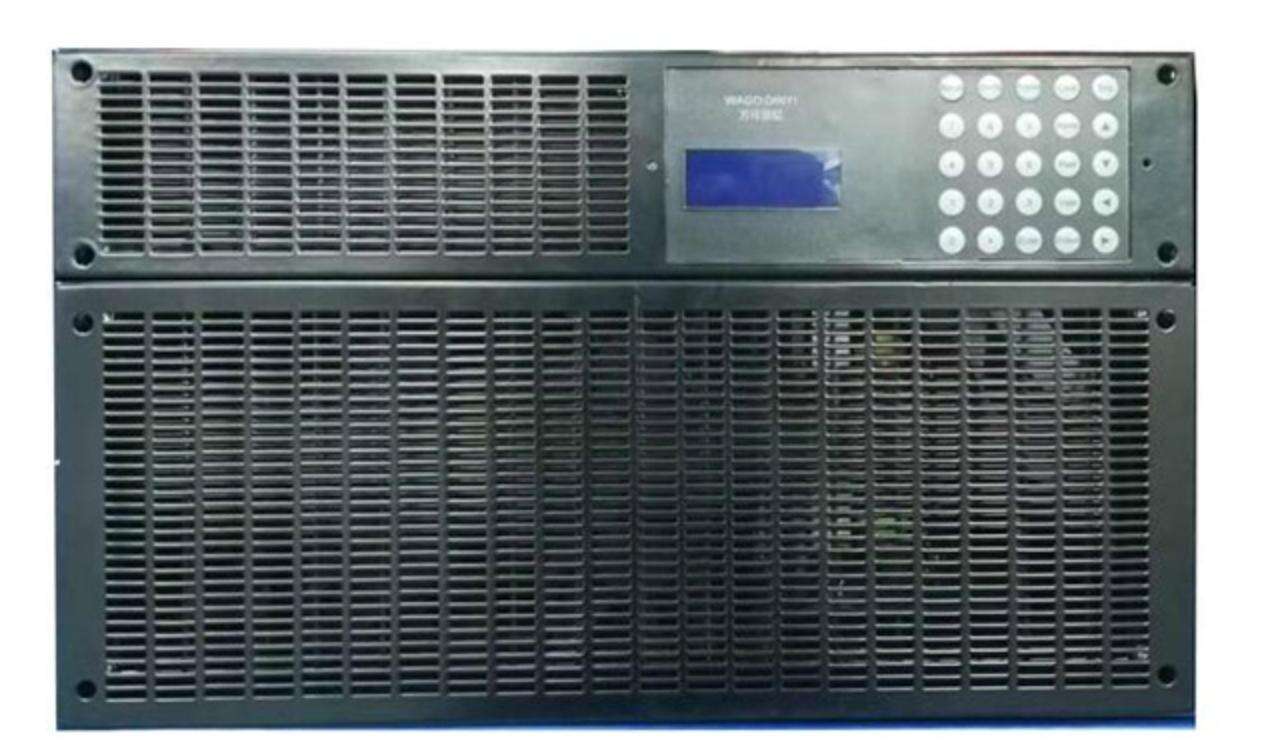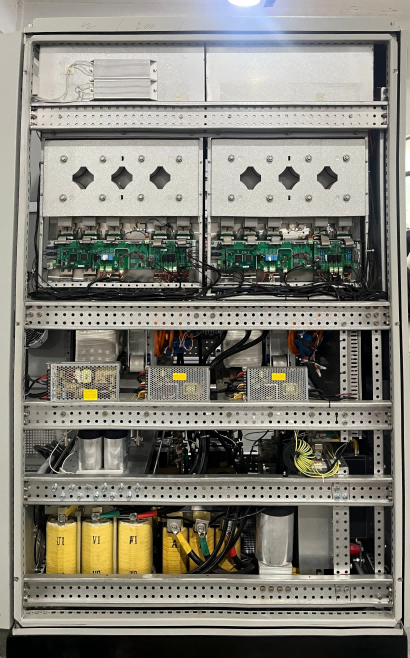industrial electricity consumption
Industrial electricity consumption represents a critical component of modern manufacturing and production processes, encompassing the total electrical energy utilized by industrial facilities, factories, and manufacturing plants. This consumption pattern includes power needed for operating heavy machinery, assembly lines, processing equipment, lighting systems, and climate control infrastructure. The technological features of industrial electricity consumption often involve sophisticated monitoring systems, smart meters, and energy management platforms that enable real-time tracking and optimization of power usage. These systems integrate advanced analytics capabilities to identify peak demand periods, detect inefficiencies, and implement automated load-balancing strategies. Industrial electricity consumption typically features three-phase power distribution systems, which provide more efficient power delivery for large motors and heavy equipment. The applications span across diverse sectors, including automotive manufacturing, chemical processing, metal fabrication, food processing, and textile production. Modern industrial facilities employ power factor correction equipment, voltage regulators, and harmonic filters to maintain power quality and reduce energy losses. The consumption patterns are often characterized by high-load operations during peak production hours, requiring careful planning and management to optimize costs and maintain operational efficiency.




